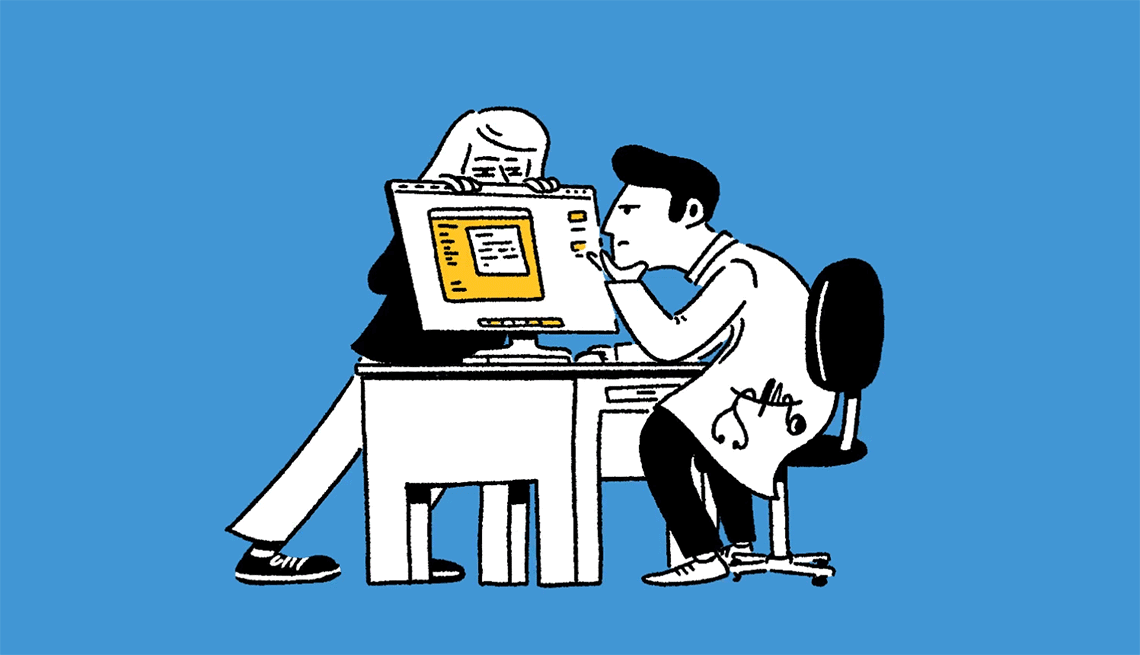AARP Hearing Center


It’s your body. You have questions. Ask away.
The human body doesn’t come with a user’s manual, and doctor visits can feel too rushed or too short to cover all our concerns. Sometimes, we don’t even know who to ask when we have questions. I have my family practice in the same office that my grandfather, Milton, founded in 1920 and his son, Michael, took over in the 1950s. I’m here to share with you surprising, doctor-tested tips for owning your own health.


Ask Dr. Adam
Adam B. Rosenbluth, M.D., is an internist and cardiologist in New York City. Each Monday, he’ll weigh in on your questions about how to make your body work better for you. His AARP book will be published in 2027.
Each week, I will weigh in on your questions about how to make your body work better for you, from canker sores to cancer, toenails to tinnitus.
Let’s start with a question that I know concerns many of you: how to make sure your doctor is really listening to you.
I feel that during my appointments, my doctors are looking at a computer screen the whole time. Is there anything I can do to get them to pay attention to me and really listen?
It wasn’t always like this. My dad, who was also a doctor, would say, “Ninety percent of what we do is to engage with our patient in the consultation room, 7 percent is the examination and 3 percent is the blood work or lab tests — and those tests are basically only to confirm what we already suspect from having listened to our patient.” He taught me to make eye contact so my patient knows I am invested and I care. “Eye contact builds trust,” he said.
But we no longer teach these things. Now doctors are looking at a computer while they’re talking to their patient.































































You Might Also Like
Try These Tips for Living a Healthier Life
Small changes can add up to big mental and physical results
How to Choose a Top-Notch Doctor as You Age
Physician Sharon Malone, author of ‘Grown Woman Talk,’ tells us what to consider when looking for the best care
AARP Smart Guide to Keeping Your Memory Sharp
22 science-backed ways to growing a healthier, happier brain, now and in the future
More Members Only Access
Enjoy special content just for AARP members, including full-length films and books, AARP Smart Guides, celebrity Q&As, quizzes, tutorials and classes
Recommended for You